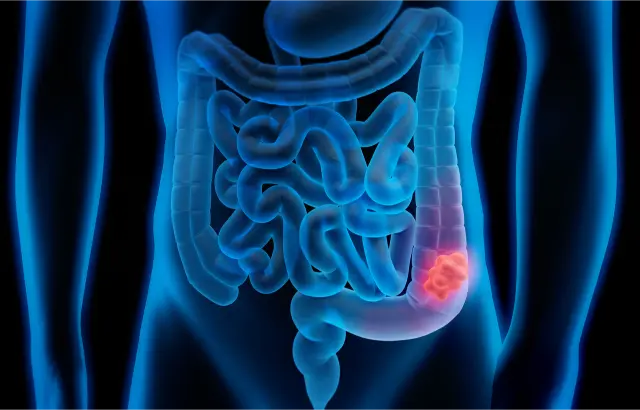As we step into March, it’s essential to shed light on an issue that affects millions worldwide: colorectal cancer. March is recognized as Colorectal Cancer Awareness Month, a time dedicated to raising awareness about this prevalent yet often preventable disease. In this blog post, we’ll delve into why colorectal cancer screening is crucial and how it can save lives.
What is Colorectal Cancer?
Colorectal cancer, also known as bowel cancer, colon cancer, or rectal cancer, occurs in the colon or rectum. It usually develops from abnormal growths called polyps in the colon or rectum, which can become cancerous over time if not detected and removed early.
Why is Colorectal Cancer Screening Important?
Early Detection Saves Lives: One of the most compelling reasons for colorectal cancer screening is its potential to detect the disease early. When colorectal cancer is diagnosed at an early stage, before it has spread, the chances of successful treatment and survival are significantly higher. Regular screening can catch precancerous polyps or early-stage cancer when treatment is most effective.
Prevention Through Polyp Removal: Screening not only detects colorectal cancer but also enables the removal of polyps before they turn cancerous. This preventive aspect of screening can effectively reduce the risk of developing colorectal cancer in the first place.
Increased Survival Rates: Studies have shown that individuals who undergo regular colorectal cancer screening have lower mortality rates compared to those who do not. Screening allows for timely intervention, which can lead to better outcomes and improved survival rates.
Risk Assessment and Personalized Care: Screening helps healthcare providers assess an individual’s risk of developing colorectal cancer based on factors such as family history, age, and lifestyle. It’s important to note that age is a significant factor in colorectal cancer risk, with the majority of cases occurring in individuals over the age of 50. However, younger individuals can also develop colorectal cancer, making screening essential for both age groups. Additionally, men have a slightly higher risk of developing colorectal cancer compared to women.
Cost-Effective Public Health Measure: Despite the initial costs associated with screening, it is a cost-effective public health intervention in the long run. Detecting and treating colorectal cancer at an early stage can reduce the financial burden on healthcare systems by minimizing the need for expensive treatments for advanced-stage cancer.
Colorectal cancer is a significant public health concern, but with regular screening, it is possible to prevent, detect, and treat this disease effectively. As we observe Colorectal Cancer Awareness Month, let us emphasize the importance of screening and encourage individuals, especially those over the age of 45, to talk to their healthcare providers about appropriate screening options. By raising awareness and promoting early detection, we can work towards reducing the burden of colorectal cancer and improving outcomes for all. Remember, screening saves lives – make it a priority for your health and well-being.

